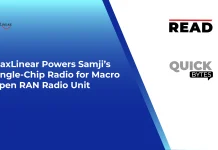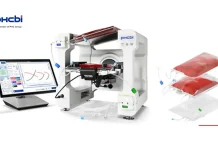Advanced Container Technologies, Inc (ACTX), announced it is working toward reshaping the future of farming, by enabling traditional growers to transition to using GrowPods, which can grow food that is free from pathogens and pesticides, and is in fact, better than organic.
Also Read: FMC Corporation Wins Patent Infringement Case Against Udragon
The CDC (Centers for Disease Control), recently put out another Food Safety Alert, this time for e.Coli linked to packaged salads. According to the CDC, “Vegetables, including leafy greens, are an important part of a healthy and balanced diet. However, they can sometimes be contaminated with harmful germs,” the organization wrote, while added in bold lettering, “No washing method can remove all germs.”
This particular Food Safety Warning was issued on organically grown lettuce, which the CDC identified using whole genome sequencing, and was associated with contact with livestock and contaminated water. Because even organic food is highly susceptible to pathogen contamination, the public is at risk, and largely unaware that “organic” food does not necessarily mean “clean” food.
Our nation’s centralized food system poses concrete risks: in addition to widespread foodborne illness, interruptions caused by supply chain issues can cause spoilage, and the entire food distribution network causes significant increases in carbon production and greenhouse gases resulting from the thousands of trucks used to haul food from one corner of the nation to the other.
“It’s time to decentralize food production, and GrowPods have the power to do just that,” said Doug Heldoorn, CEO of Advanced Container Technologies (ACTX).
GrowPods are complete growing systems so farmers can get started as soon as they are delivered. Every farm-related task — from seeding to harvesting — is handled within the system.
And according to CBS News, shipping container farms “can use up to 95% less water and yield 50% more produce than traditional farming,” so they are not only efficient, but they are also an excellent solution for areas impacted by drought or arid weather conditions.






